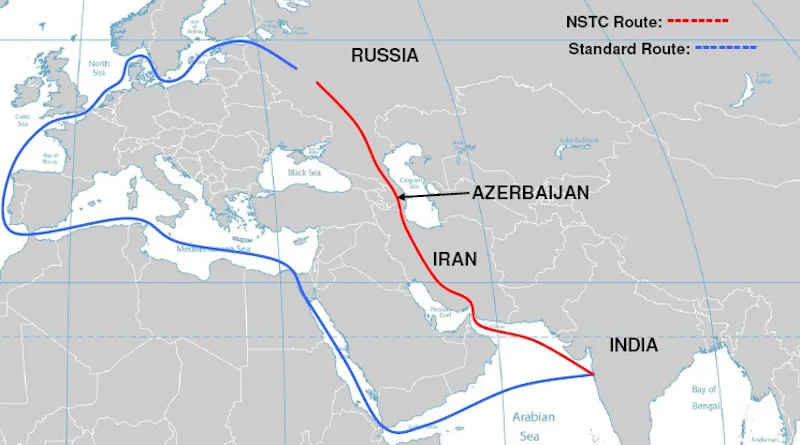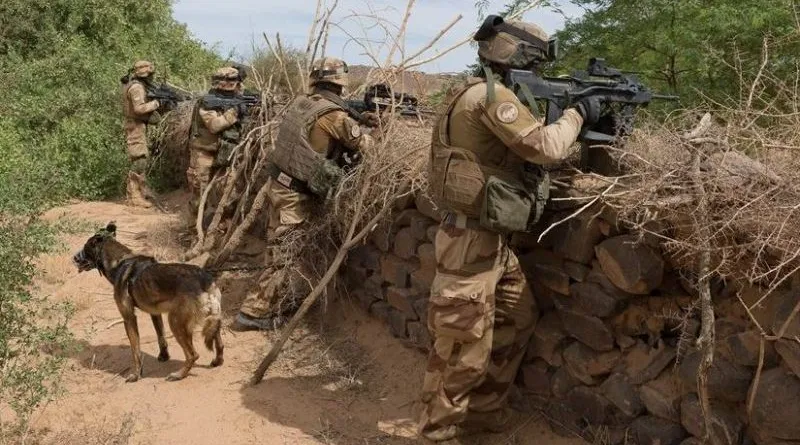The Origins of the Iraqi Invasion of Kuwait Reconsidered

For over 30 years, policymakers and scholars have taken for granted that Saddam Hussein invaded Kuwait simply to seize its oil. That narrative misleadingly suggests that the Iraqi invasion happened to coincide with, but was unrelated to, the dawn of the post-Cold War era. In fact, Saddam’s decision-making was inextricable from his interpretation of the end of the Cold War. In late 1989 and early 1990, he posited that Soviet retrenchment portended a five-year period of American unipolarity, after which Japan and Germany would restore a global balance of power. Until that new equilibrium emerged, Saddam genuinely feared that the United States and Israel would use their unchecked power to destabilize his regime in pursuit of their hegemony over the Middle East. In the summer of 1990, Kuwait’s oil overproduction persuaded the Iraqi leadership that the Kuwaiti royal family was complicit in the U.S.-led plot that they believed was already in full swing.









